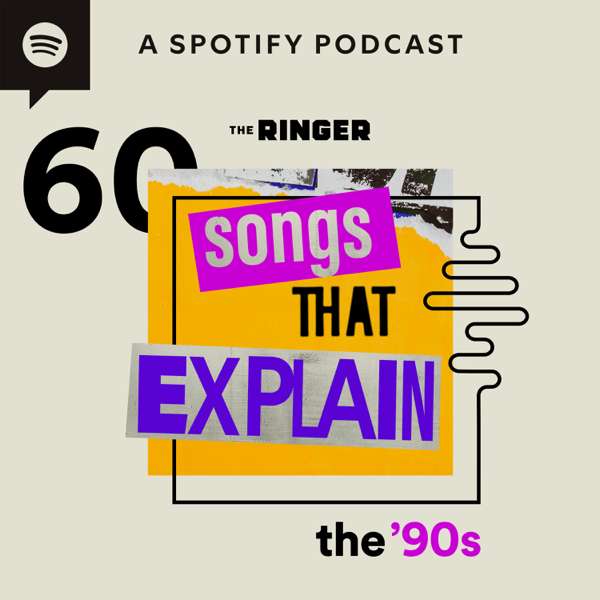Powerful stories linked to this beautiful and stirring Ukrainian folk song.
Chervona Kalyna inspired Pink Floyd to reform so they could release their own version, 'Hey Hey Rise Up', alongside Andriy Khlyvnyuk of Boombox.
It's a clarion call with roots stretching back to 17th century Cossack history; as meaningful now as then, this episode of Soul Music reflects how music can be a unifying force in the most dangerous and difficult of times.
Anti-Russian, it was banned prior to Ukrainian independence in 1991 with one of its lyrics calling to 'free our brothers Ukrainian from Muscovites shackles'.
Its full title 'Oi u luzi chervona kalyna' translates as 'Oh the red viburnum in the meadow': red viburnum is a common plant in Ukraine and in the song it's a metaphor for the country itself.
Telling their stories:
* Taras Ratushnyy, journalist turned soldier, discusses his beloved son, Roman, and the heroic role he played in Ukrainian society both before after the war began.
* Elizaveta Izmalkova is a young Ukrainian singer who now lives in Lithuania. She performed Chervona Kalyna as part of a flash-mob co-organised by Egle Plytnikaite who describes why she and other Lithuanians wanted to demonstrate their support for Ukraine.
* Nadia Morykvas wrote a book about the cultural polymath, Stepan Charnetskyi, who - in the early 20th century - adapted Chervona Kalyna for one of his plays. (Volodymyr Oleyko translates for Nadia Morykvas).
* Andrij Halushka is a Ukrainian who now lives in London. He describes how his family history, down multiple generations, connects with the song.
* Julia and Kateryna came to England under the 'Homes for Ukraine' scheme when the war began. Under the name 'Dvi Doli' they raise money for Ukraine by staging concerts where they perform traditional songs on the Bandura.
* Taras Filenko is a pianist and ethno-musicologist. Originally from Zaporizhzhia in Ukraine, he now lives in Pennsylvania, USA. He discusses the musicology of the song, and recalls a neighbour from his childhood who was imprisoned for performing Chervona Kalyna in the 1940s.
* Myroslava Hartmond is a British-Ukrainian cultural diplomacy expert. She explains how the current popularity of Chervona Kalyna began when Andriy Khlyvnyuk, the lead singer of Boombox, recorded an a capella version in the centre of Kyiv. This inspired Pink Floyd to collaborate with Khlyvnyuk and release their own version.
Please scroll down to the 'Related Links' box on the Radio 4 Soul Music webpage for further information about some of the interviewees and the different versions of the song used in the programme.
The programme image is of Taras and Roman Ratushnyy.
Producer for BBC Audio in Bristol: Karen Gregor
First broadcast on BBC Radio 4 in November 2022.

 Our TOPPODCAST Picks
Our TOPPODCAST Picks  Stay Connected
Stay Connected







